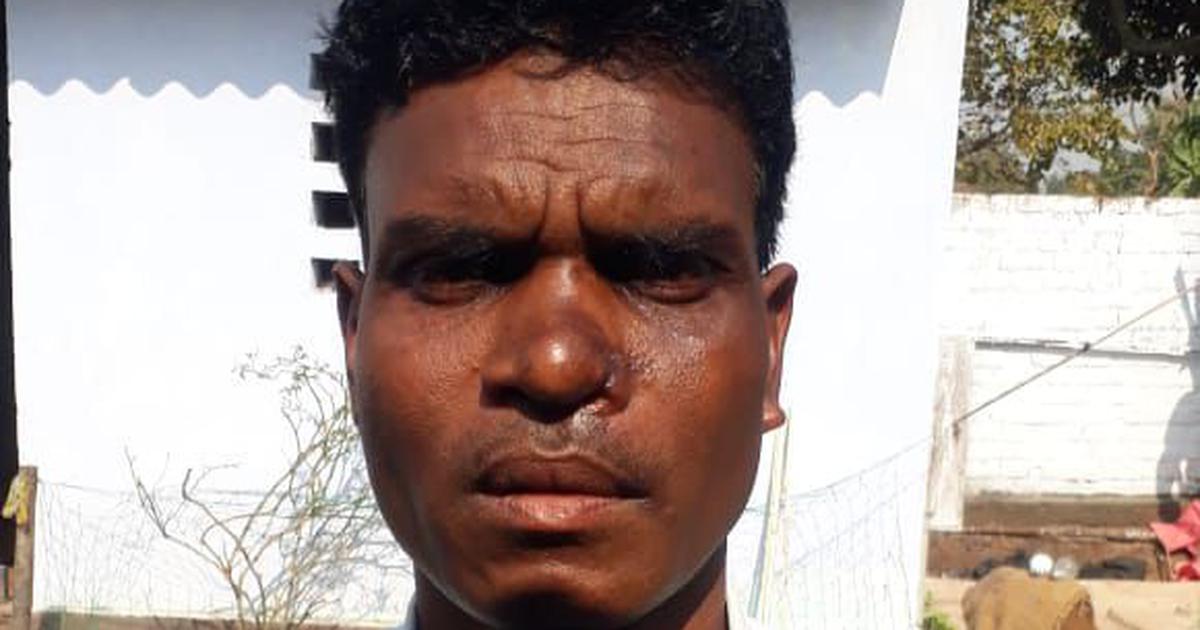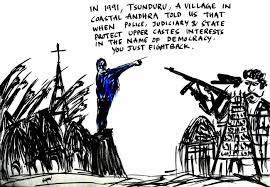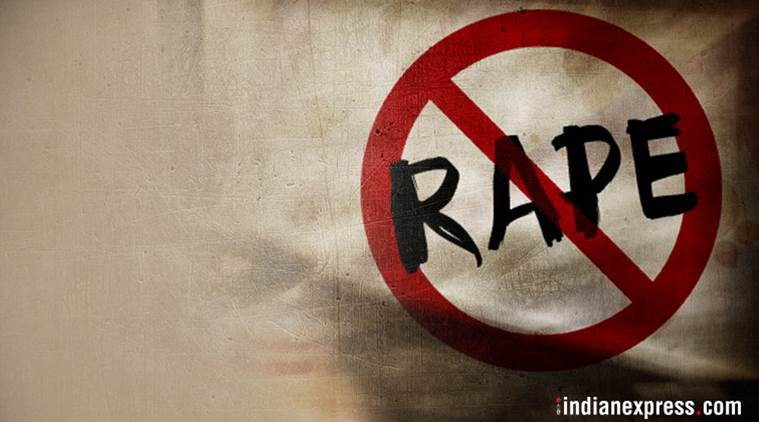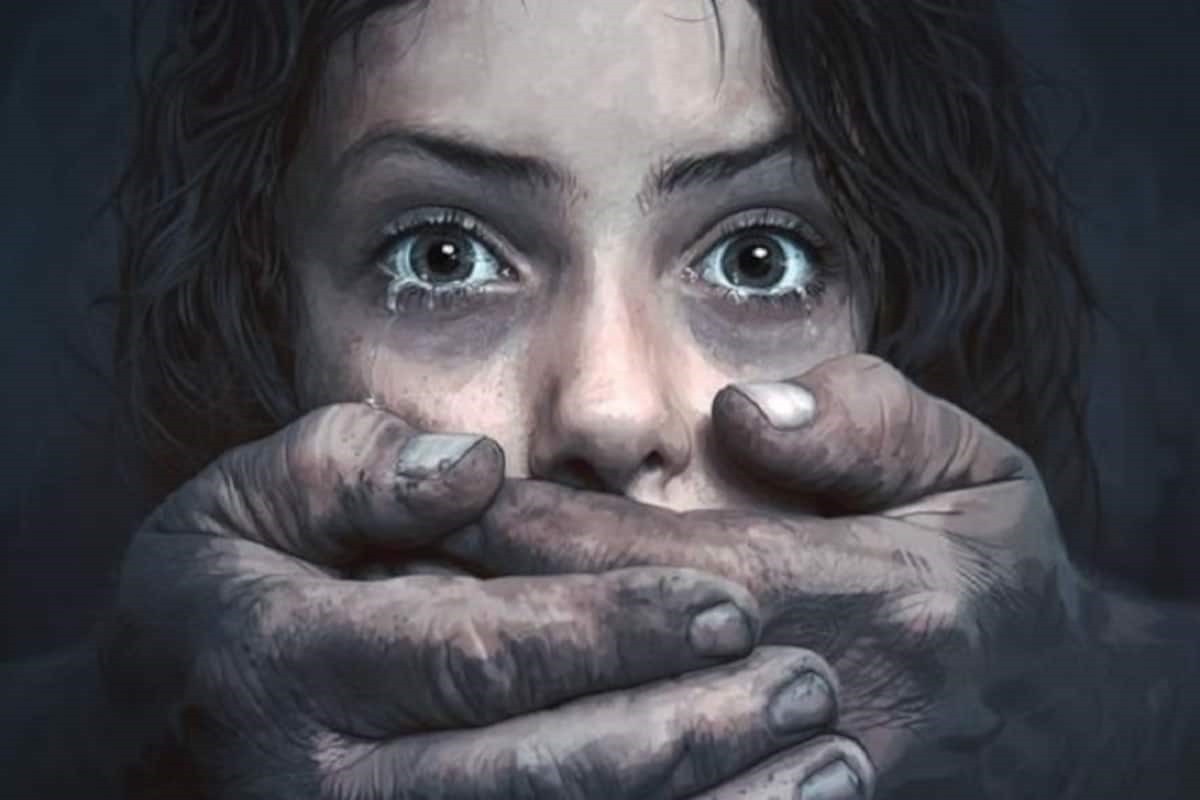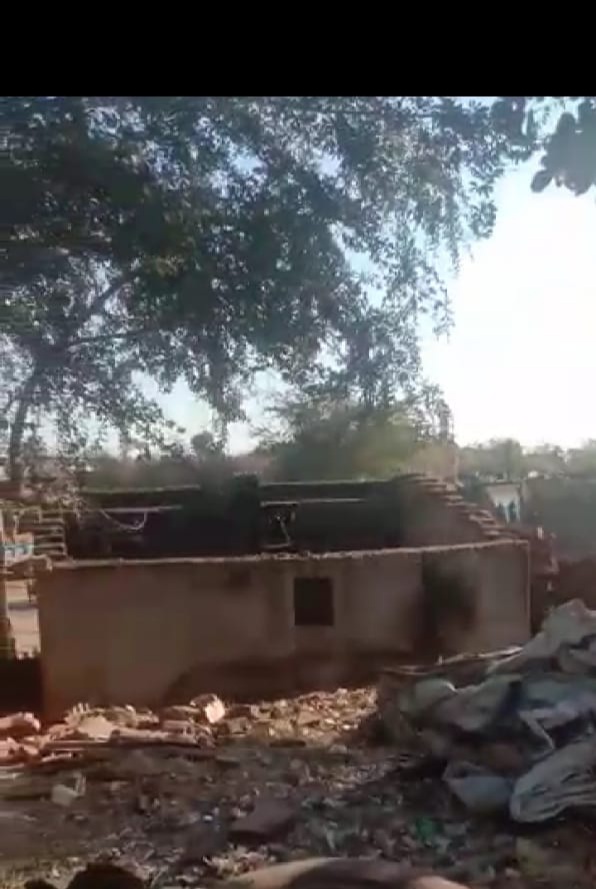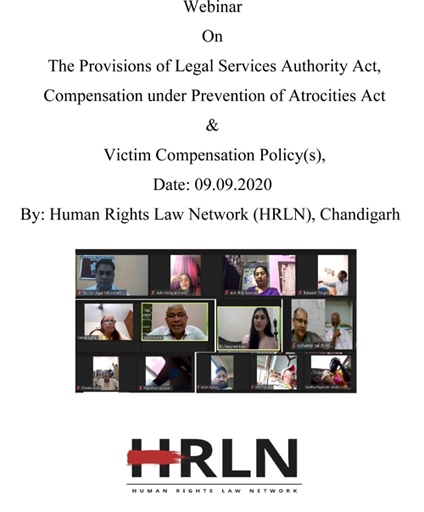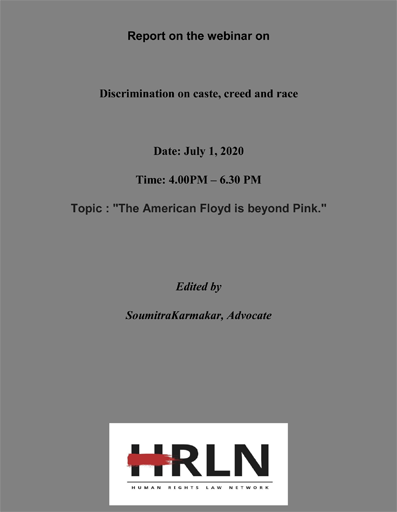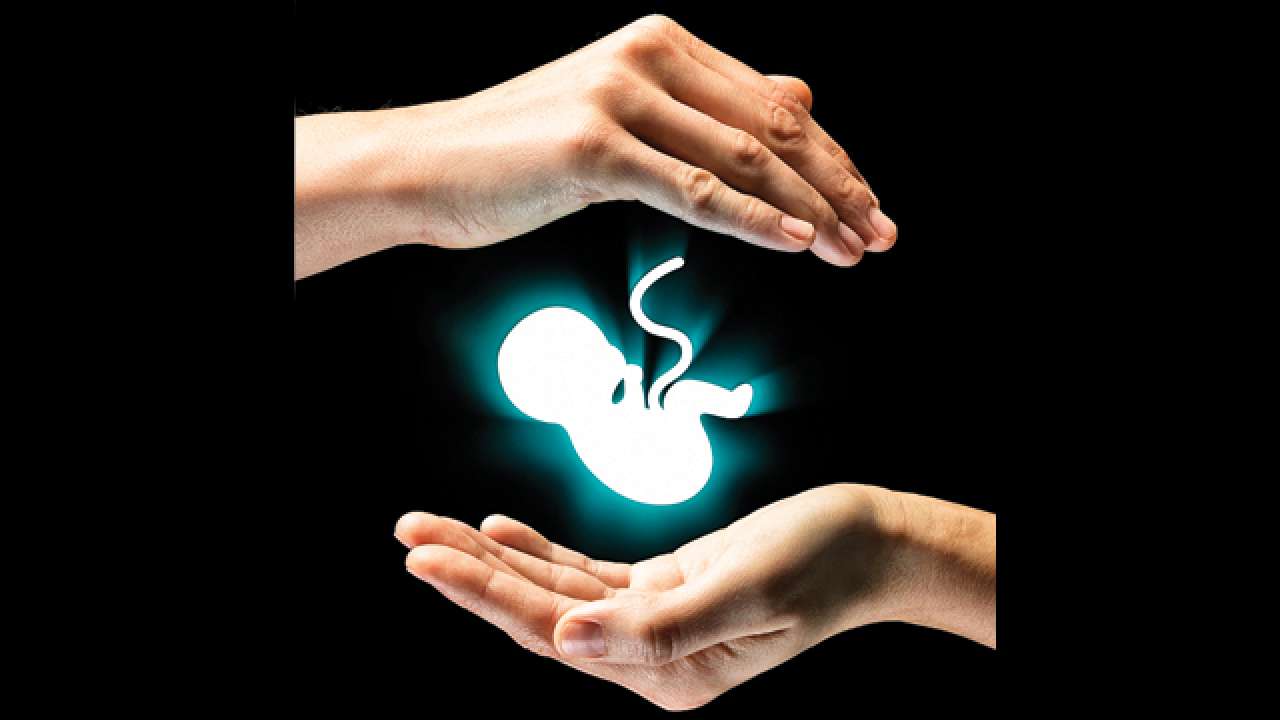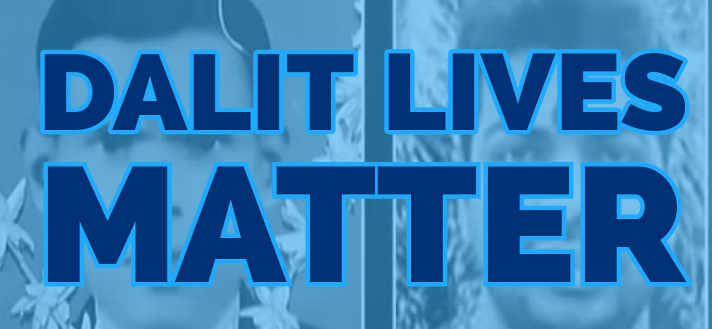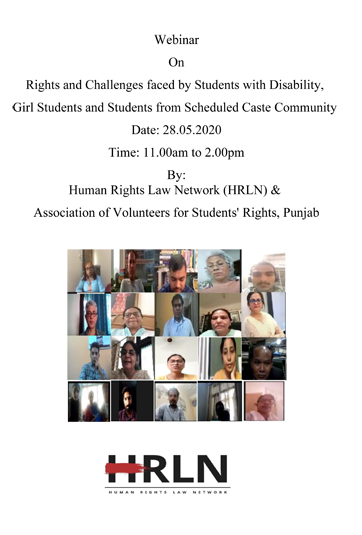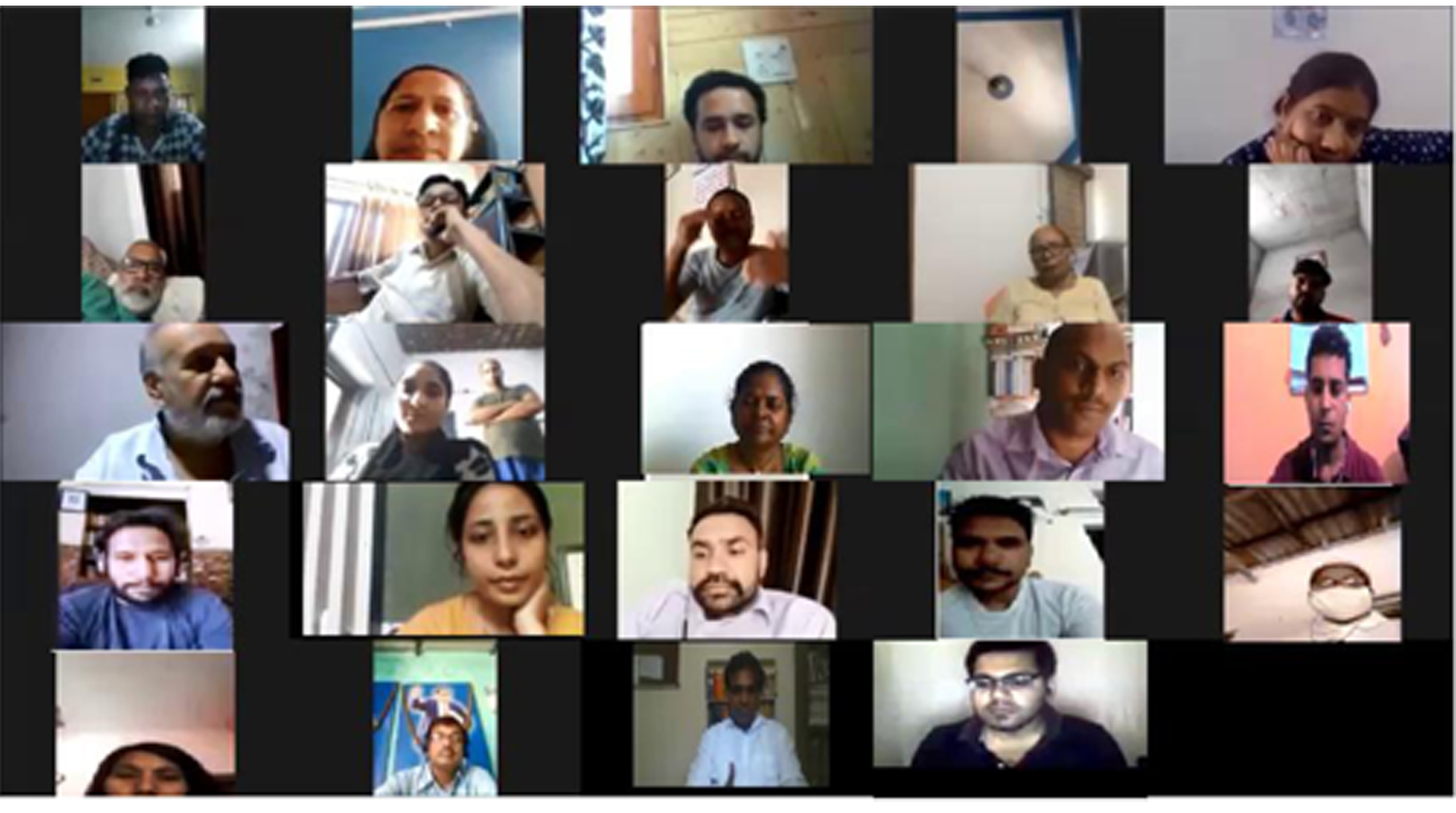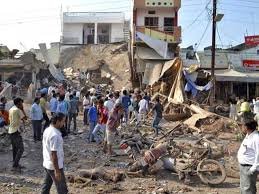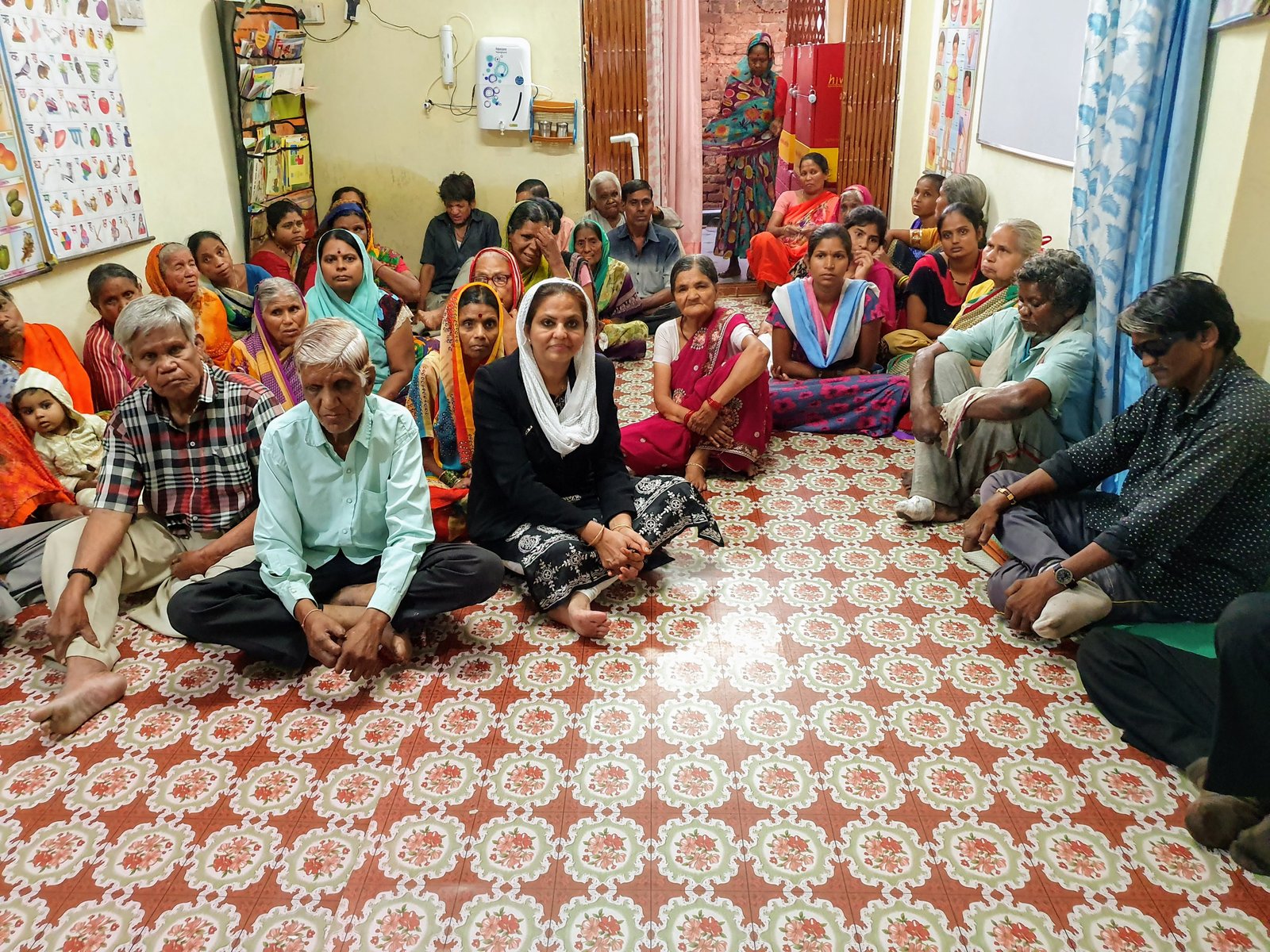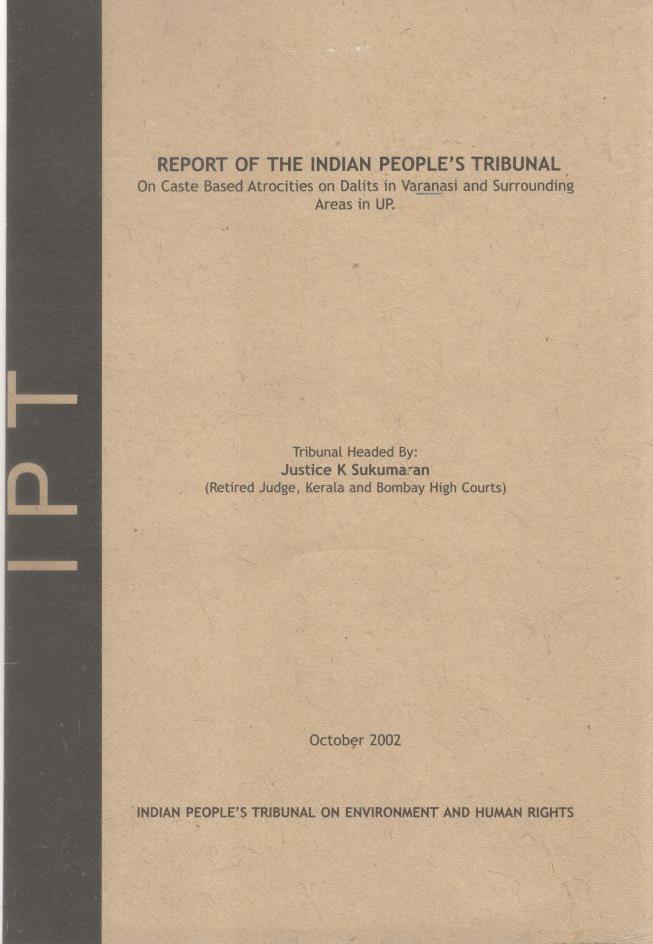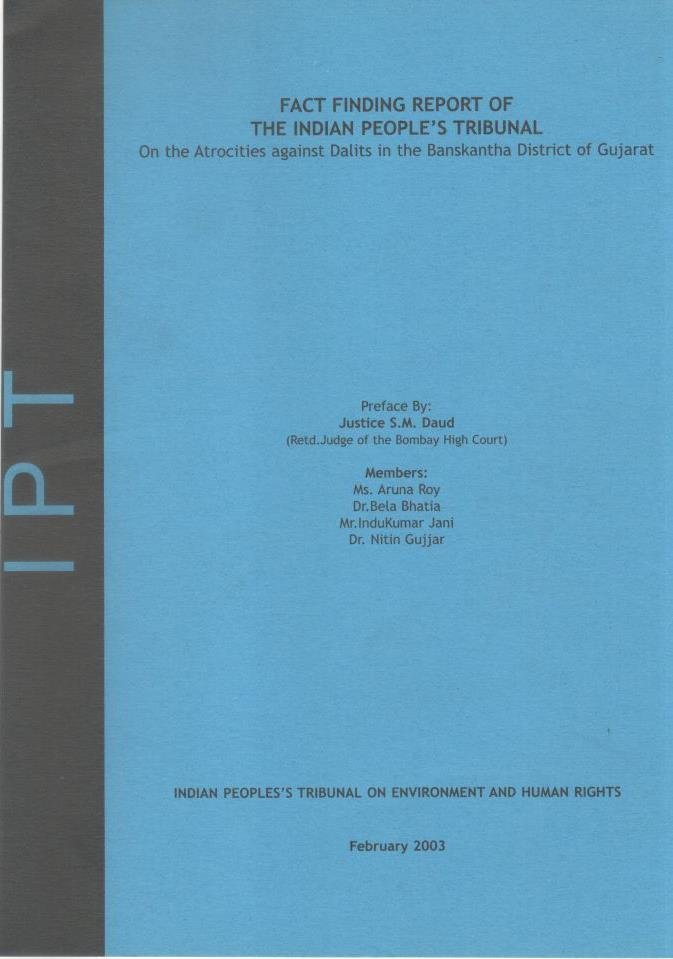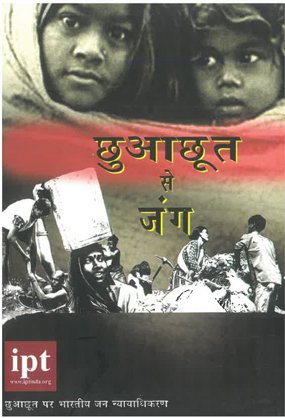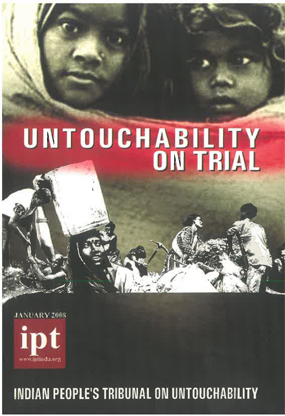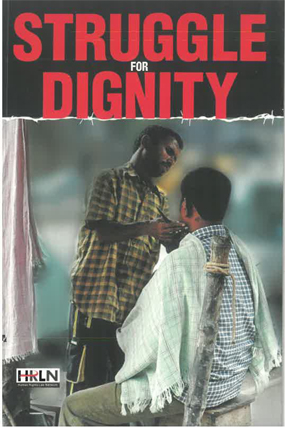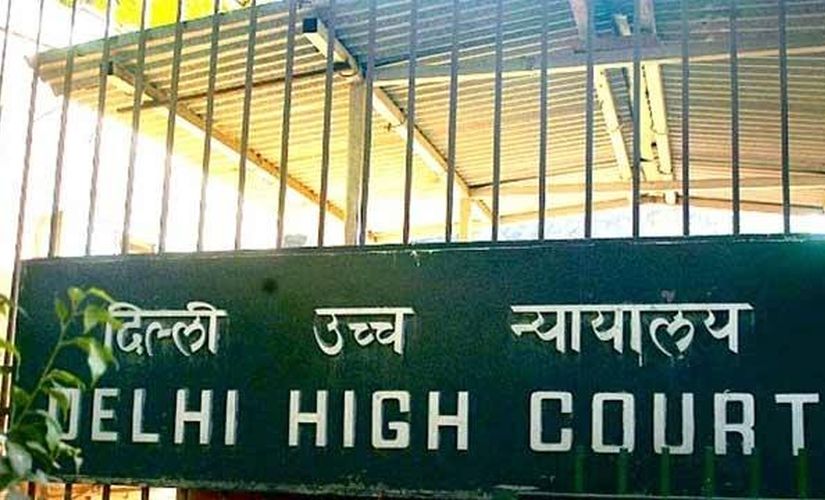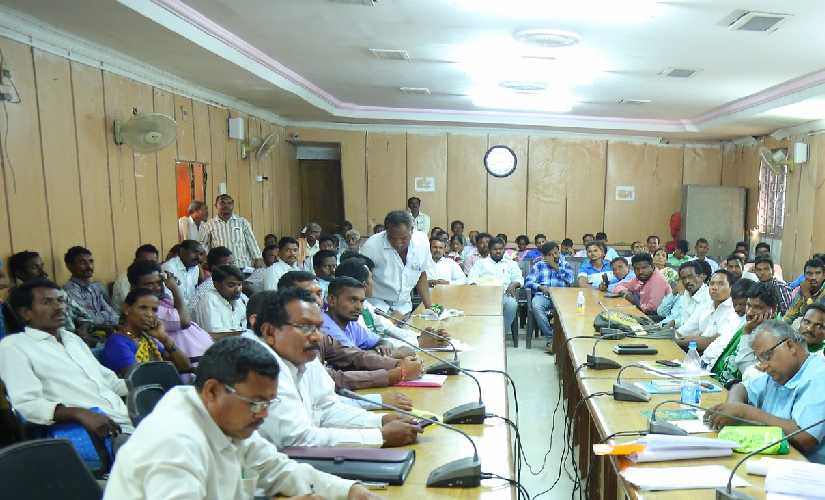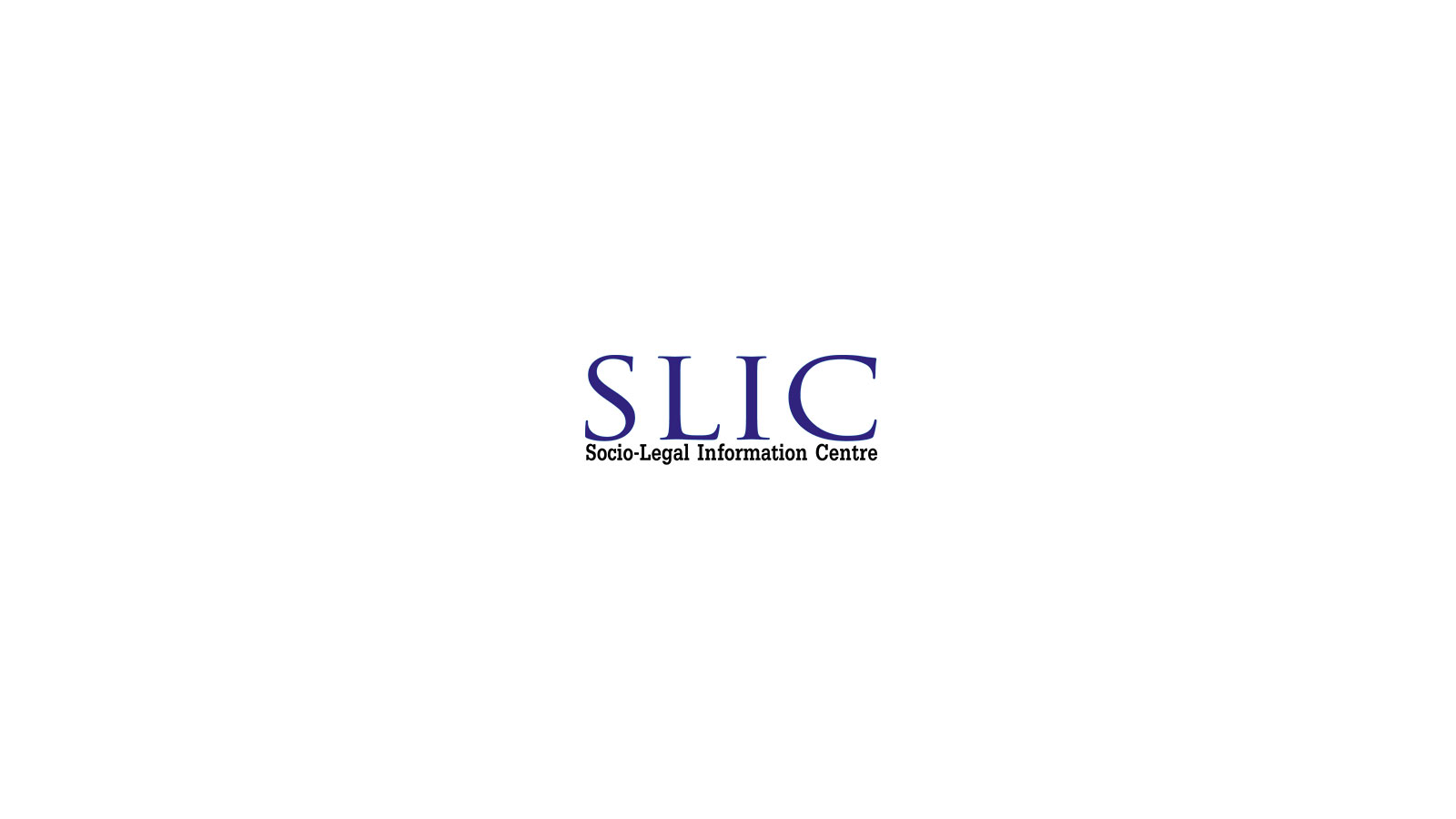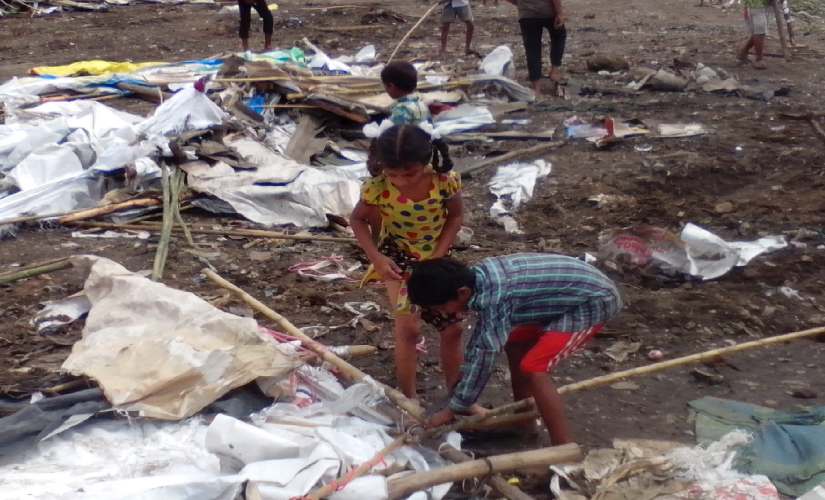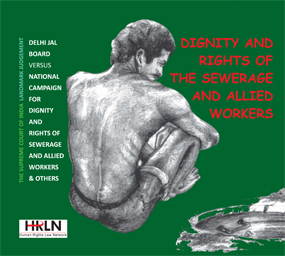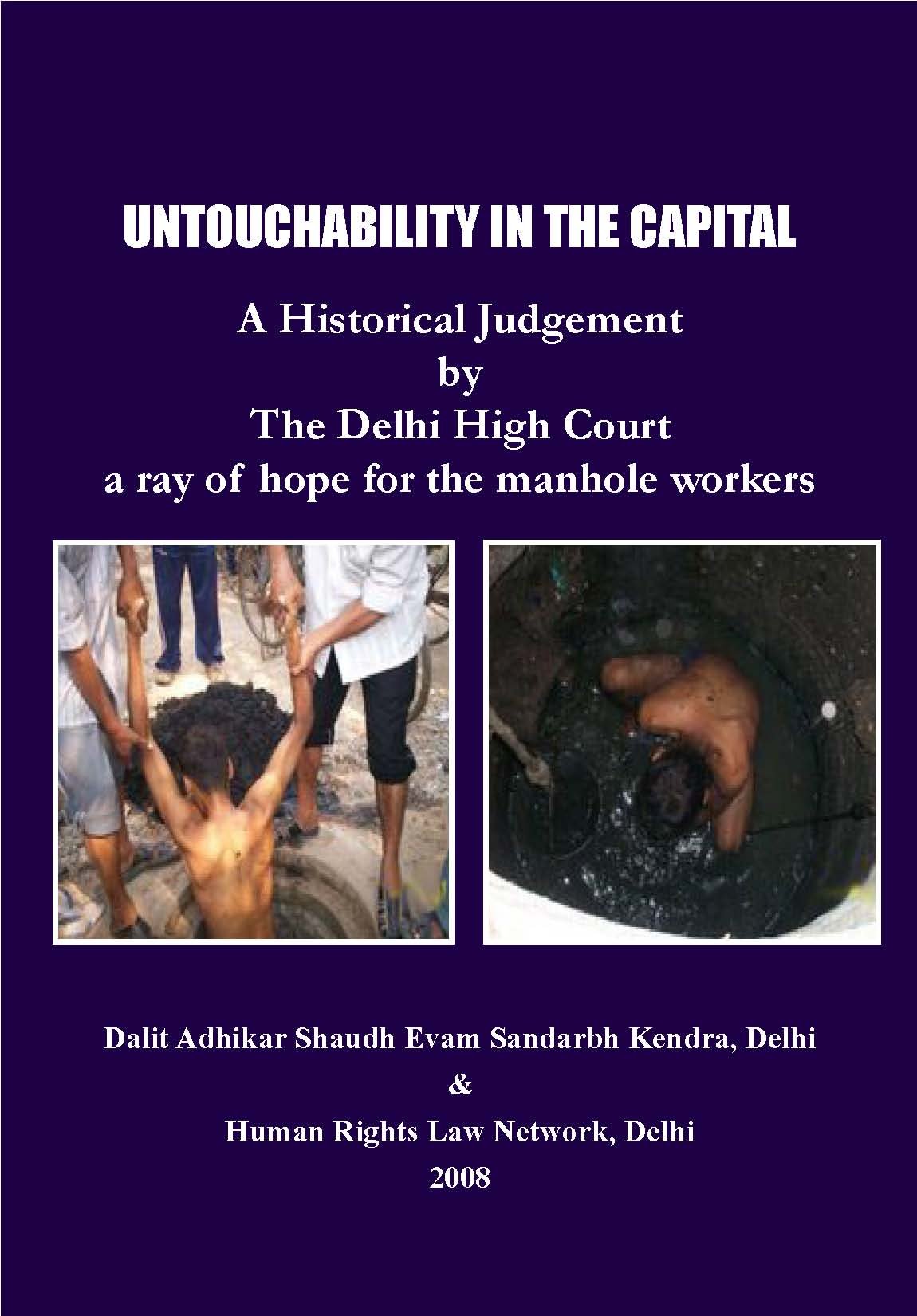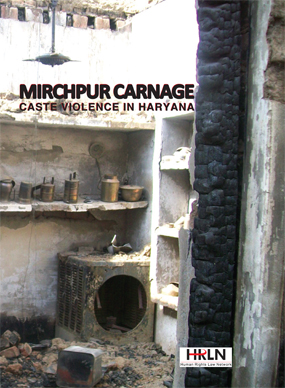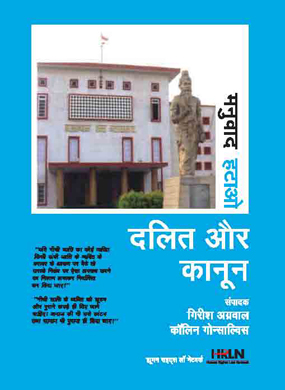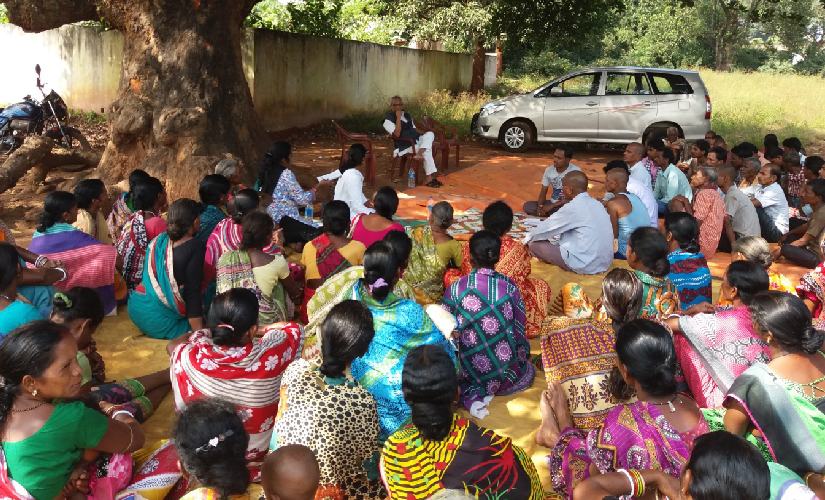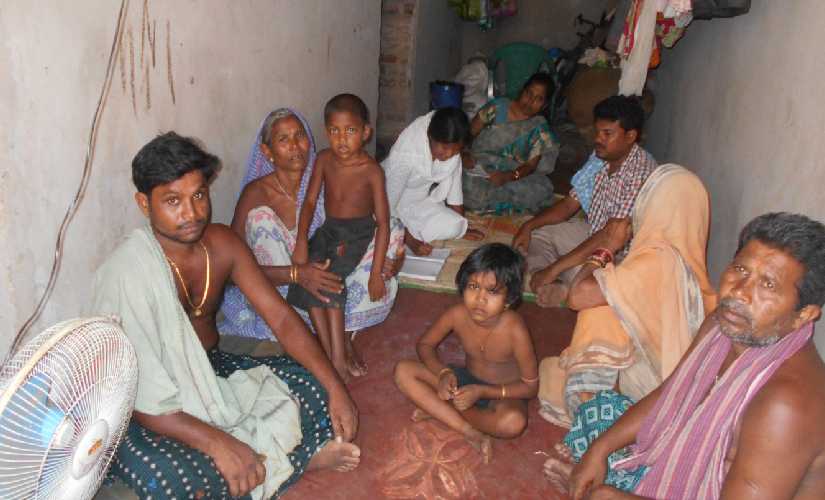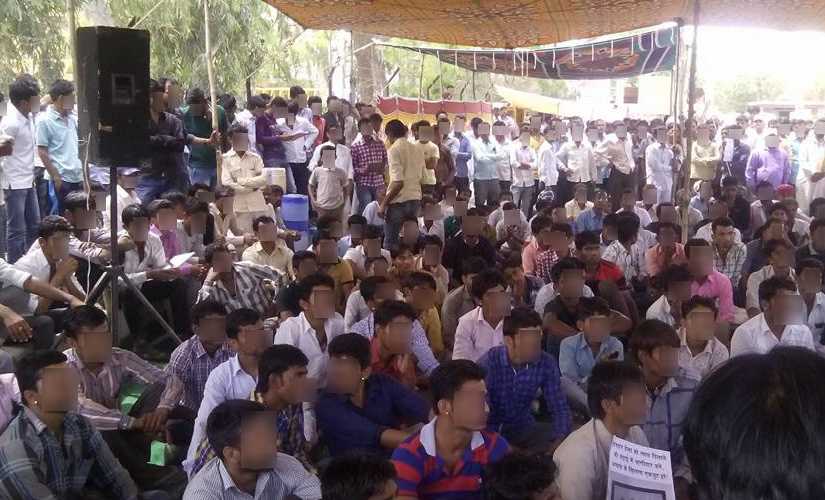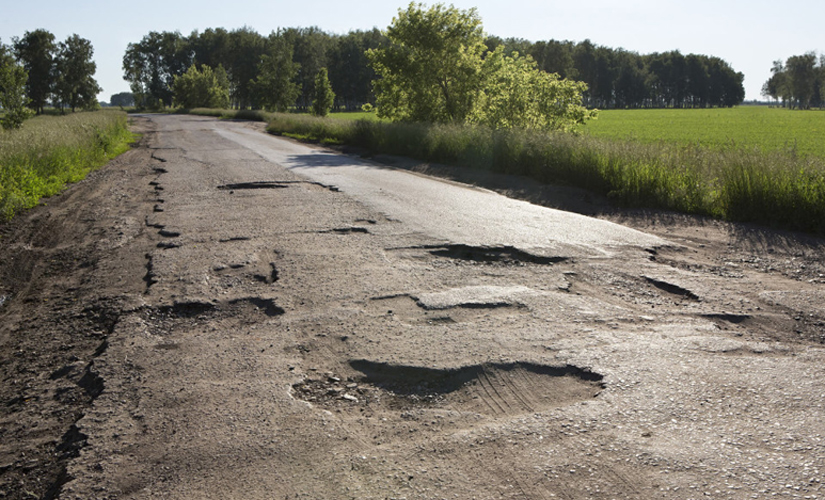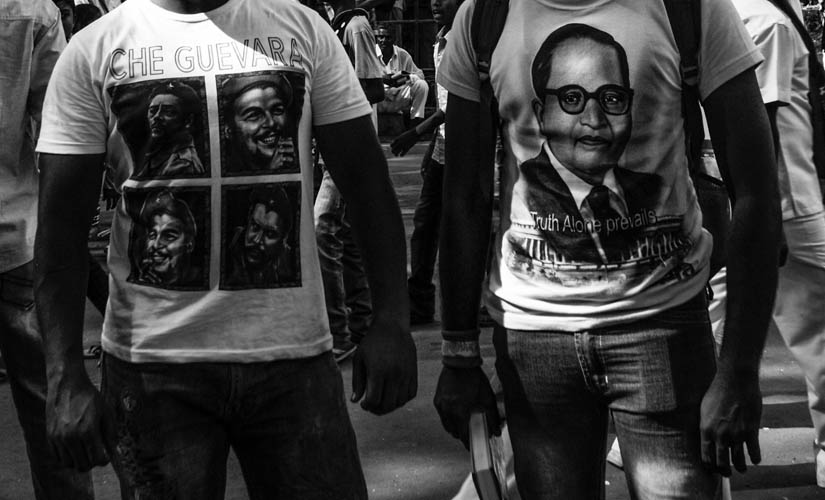
Dalit Rights
What SLIC Does
Main Concerns
· Unorganised labour (Migrant Labour, Bonded Labour & Child Labour etc.)
· Manual scavenging
· Dalit/ Adivasi women’s rights
· Protecting the rights of couples in inter-caste/ intra-gotra marriages
· Dalit/ Adivasi land rights
· Affirmative actions/ Protective Discrimination
· Special developmental schemes/ policies related to Dalit/Adivasi populations
SLIC Impact
SLIC uses the judicial system to assert the rights of the Dalit community. The creation of pro-Dalit government policies and schemes are a result of increased pressure due to landmark legal decisions.· SLIC lawyers in Haryana are fighting over 60 cases of caste-based atrocities in the districts of Sonipat, Hissar, Panipat, Jind, Rohtak, Karnal, Ambala and Bhiwani. These cases include cases of sexual violence against dalit women.
· In collaboration with the Maitri Network, SLIC is working on a 4-year project providing legal assistance to Dalit, Adivasi and vulnerable women in need of care and protection in 26 districts in the five states: Maharashta, Madhya Pradesh, West Bengal, Jharkhand and Tamil Nadu.
· SLIC over the last decade, has taken steps to ensure greater degree of inclusion in its attempt to build a cadre of lawyers from marginalised communities such as Dalit, Adivasi, Muslims, and sexual and ethnic minorities in its workforce, over the last decade particularly through its two programs
1. Student for Human Rights
2. Young Lawyers Programme
For this, a bursary scheme exists which helps defray expenses that a student from marginalised community may incur otherwise incur to gain a similar work experience.
HOOGHLY DISTRICT MEETING
Disabled people face discrimination on a daily basis. In this competitive and overpopulated world, finding proper empl ...read more
BANKURA DISTRICT MEETING
The Forest Rights Act (FRA), 2006 recognizes the rights of the forest dwelling tribal communities and oth ...read more
Bankura District Meeting
The Forest Rights Act (FRA), 2006 recognizes the rights of the forest dwelling tribal communities and oth ...read more
Forest Right Act 2006, Right to Property, Land related issues and Discussion on Violence against Women
The Scheduled Tribes and Other Traditional Forest Dwellers (Recognition of Forest Rights) Act, 2006, is a key piece ...read more
State Level Meeting on Violation of Human Rights in West Bengal During Covid 19
Prior to the announcement of the National Lockdown on 25 March 2020, a number of courts had shut down in response to t ...read more
Police violence in Jharkhand against Adivasi man
Govind kumar Hansda Vs. The State of Jharkhand & others
Pending
Family's Lea For Hathras Trial in Delhi
Family's lea for Hathras trial in Delhi KT NEWS SERVICE. Dated: 10/16/2020 10:52:07 AM NEW DELHI, ...read more
SC reserves verdict on pleas on Hathras case
SC reserves verdict on pleas on Hathras caseNew Delhi, Oct 15 (PTI) The Supreme Court Thursday said the Allahabad High ...read more
Upper Caste Boys molest women from the Dalit Community and harass her husband
Prince Kumar vs State of Harayana, BA/1973/2020
Pending
Dalit Minor Girl attacked with Acid after being Gang Raped
Roopsingh Vs State of M.P., W.P. No 1066/2019
Pending
Survivor of Rape and Domestic Violence overcomes odds with Karate
Pooja Ahirwar Vs Manoj, CRR. 1404/2020
Pending
Webinar on District Consultation Meeting on Training, Coaching and Mentoring of Paralegals of Santhal Pargana Development Cluster (SPDC), Pradan
Socio-Legal Information Centre conducted a zoom Webinar on District Consultation Meeting on Training, Coaching and Men ...read more
Webinar on The Provisions of Legal Services Authority Act, Compensation under Prevention of Atrocities Act & Victim Compensation Policy
Our constitution grants us a life which should be protected and dignified but since it is only an ideal thought and numb ...read more
Webinar on Discrimination on Caste, Creed and Race
Due to the pandemic situation a lot of Global Issues remain non-attended and these leads to increase in the perils of ...read more
Minor SC Girl demands her right to abortion
Shashikala Vs. State of Madhya Pradesh, W.P. No. 8689/2020
Disposed Off
Dalit Rights and Law in Gujarat
In the wake of Covid 19, a group of researchers and lawyers from SLIC began the process of organising a series of webi ...read more
Rights and Challenges faced by Students with Disability, Girl Students and Students from Scheduled Caste Community
"Without inclusive and equitable quality education and lifelong opportunities for all, countries will not succeed in bre ...read more
Webinar On Dalit Land Rights: ‘The Punjab Village Common Land (Regulation) Act, 1961’ Provisions, Challenges & Strategy
In Punjab, upper castes, mostly Jat Sikhs, dominate the farming landscape. Only 3.5% of private farm land belongs to Dal ...read more
Fact Finding on Manual Scavenging
A team comprising one lawyer from Socio-Legal Information Centre (SLIC) , a law student and a couple of local Social Act ...read more
Caste Atrocity against Kum S. Dharani
ASTE ATROCITY AGAINST KUM S DHARANI, BANGALORE, FACT FINDING REPORT OF ADVOCATE DHRANI ON 14-06-2019 ...read more
Caste Atrocity in Gundlupete, Chamrajnagara
ASTE ATROCITY IN GUNDLUPETE, CHAMRAJNAGARA KARNATAKA - FACT FINDING REPORT ...read more
Challenging Demolition of houses of Tribals in Jabua District
Khemchand and Others Vs. State of Madhya Pradesh, W.P. No. 6669/2020
Pending
House Demolition in Madhya Pradesh
Thavariya Vs State of Madhya Pradesh, W.P. No. 7213/2020
Pending
50 Year old Upper Caste Man rapes a Dalit girl for over a year
Praveen Kumar v. State of Haryana
On-going Investigation
Report of the Indian People’s Tribunal on Caste Based Atrocities on 'Dalits in Varanasi and Surrounding Areas in UP - Indian People’s Tribunal on Environment and Human Rights (IPT)
The upper castes and richer and landed classes are countering this with violence and threats to frighten the Dalits by u ...read more
Fact Finding Report of the Indian People’s Tribunal on the Atrocities Against Dalits in the Banaskantha District of Gujarat - Indian People’s Tribunal on Environment and Human Rights (IPT)
Gujarat is one of the states with the worst track record on protection for Dalits. A baseline survey conducted by the Be ...read more
Untouchability on Trial: Report on Indian People’s Tribunal on Untouchability (Hindi)
Translated By Veena Taneja Discrimination, untouchability and atrocities are all caste based human rights violations o ...read more
Untouchability on Trial: Report on Indian People’s Tribunal on Untouchability
Edited By Abid Shah Discrimination, untouchability, and atrocities are all caste-based human rights violations on a lin ...read more
Struggle for Dignity
Edited By Baghambar Pattanaik. This is the story about a struggle undertaken by members of Orissa's barbers' community. ...read more
Letter to the Governor and summary of the Indian people's tribunal on the issues of tribal land and alienation under LTR in Telangana
To His Excellency Governor The State of Telangana Hyderabad Dear Hon’ble Your Excellency, Sub: Report of Indian ...read more
Dignity and Rights of the Sewerage and Allied Workers
Compiled and Edited by: Sarita Bhoi. ...read more
Untouchability in the Capital. (A historical judgement by Delhi High Court) A ray of hope for manhole workers
Compiled by Dalit Adhikar Shaudh Evam Sandarbh Kendra ...read more
Mirchpur Carnage : Caste Violence in Haryana
Compiled and Edited by: Saritha Bhoi.Organised violence directed against members of identified groups/communities has be ...read more
Ancestral tribal land marked sanctuary area without consultation with tribals who live and work there
Smti Ngasi Mena versus State of Arunachal Pradesh and 8 ors, PIL no. 2 of 2014
